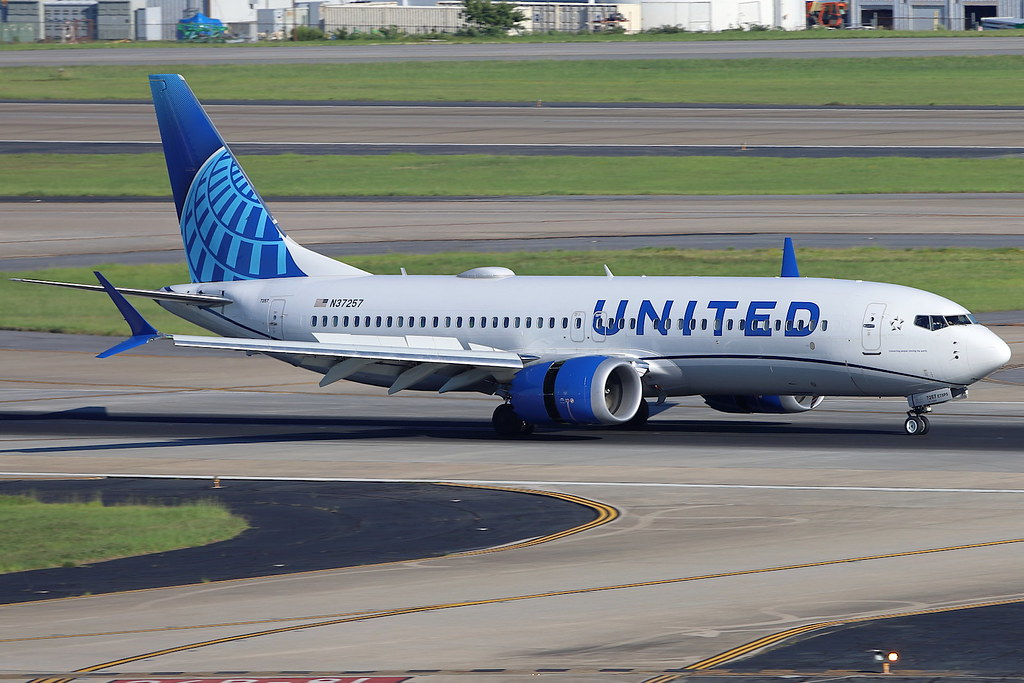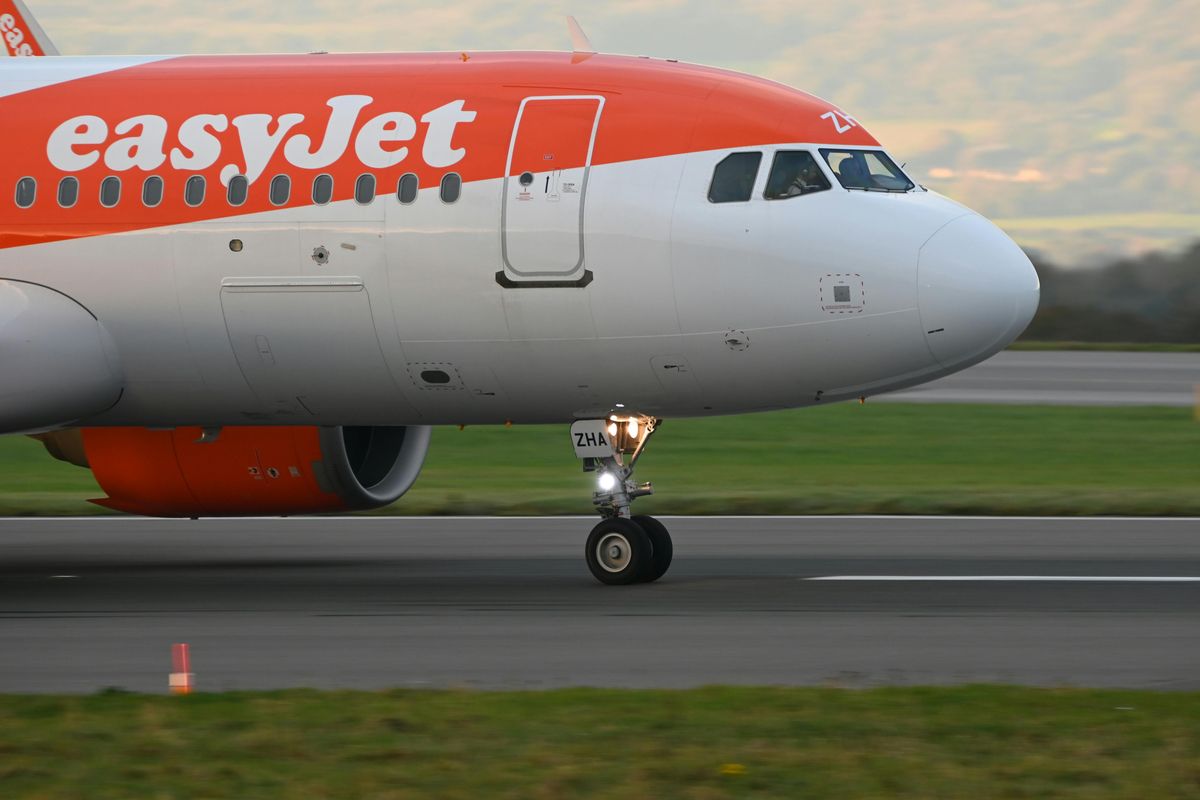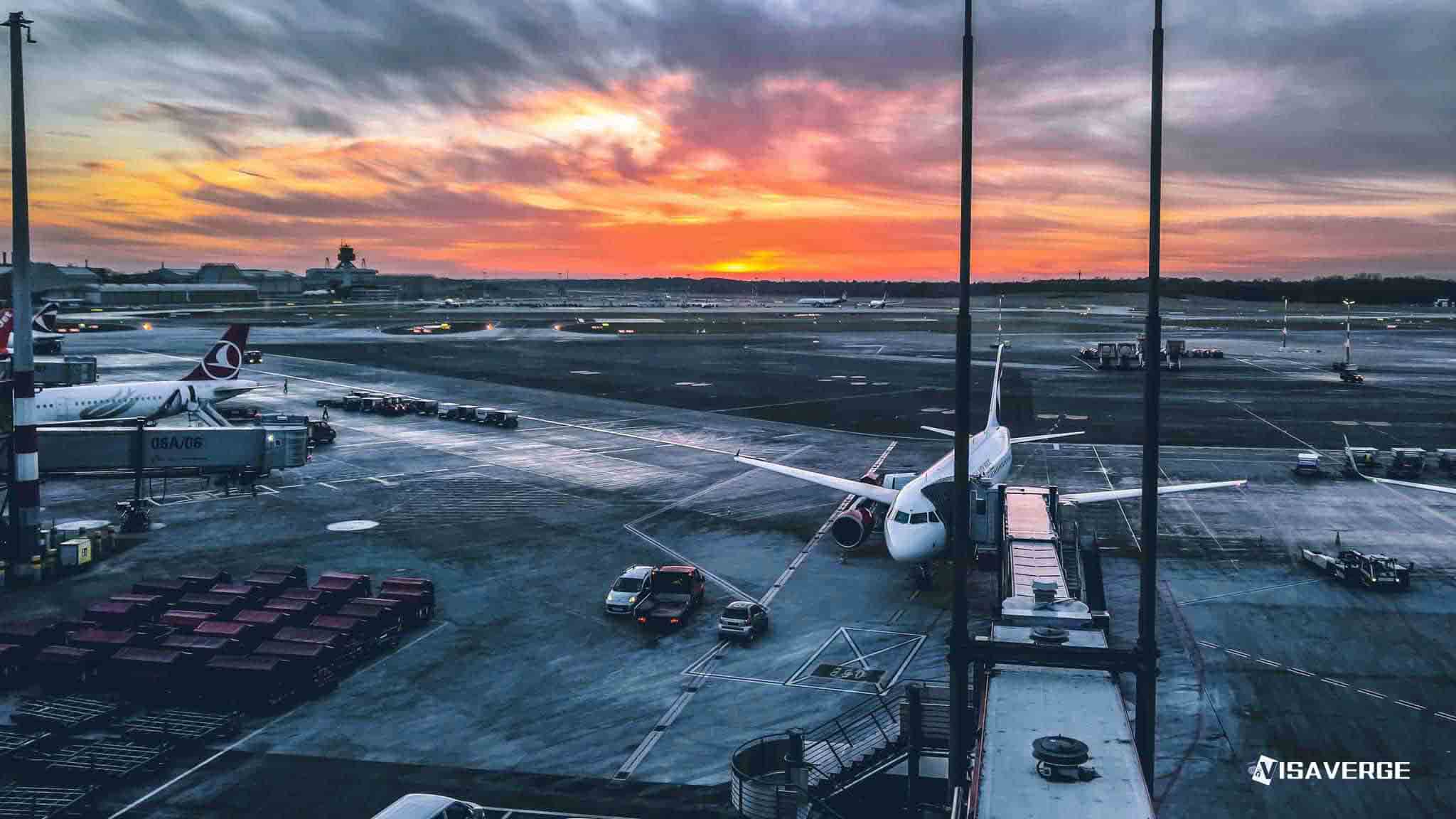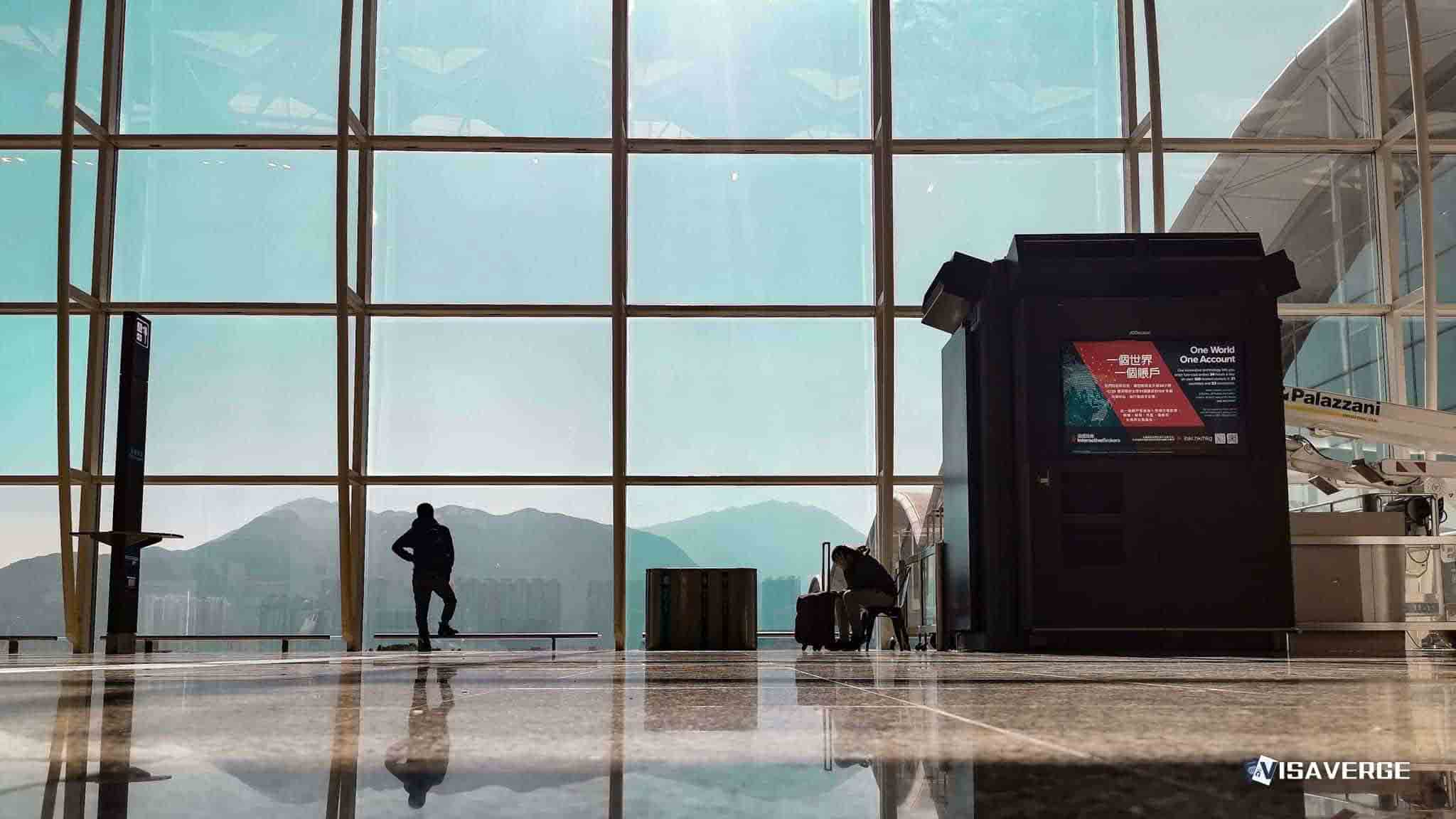(HOUSTON, TEXAS) A United Airlines flight attendant is fighting to get her job back after the company fired her for confronting Houston ISD Superintendent Mike Miles inside a United Club lounge at George Bush Intercontinental Airport. The incident, which happened on April 10, 2025, drew national attention because it sits at the crossroads of employee speech, corporate social media rules, and a heated public debate over Houston’s schools.
Virginia “Ginny” McDavid, a veteran flight attendant, union activist, and parent of two Houston ISD students, recorded and posted the exchange to social media. United Airlines terminated her within weeks, citing violations of its conduct and social media policies that apply even when employees are off-duty. Her union, the Association of Flight Attendants-CWA (AFA-CWA), is appealing the termination, and as of October 12, 2025, there is no public resolution.

What happened in the lounge
Witnesses and the video show McDavid speaking directly to Mike Miles inside the United Club, blaming him for “ruining our school district” and telling him to “get the hell out of town” and “go back to Colorado.” She was not on duty and not in uniform at the time.
A Houston ISD administrator later filed a complaint with United Airlines using a district email address. United moved quickly, pointing to company policies that forbid behavior—online or in person—that harms the brand, especially on company property. The lounge location matters: it’s a United facility in a United hub. That setting, combined with the viral social media post linking McDavid to her employer, shaped the airline’s decision.
Core issues in the dispute
- The case highlights the tension between personal activism and workplace rules in the era of viral posts.
- Supporters view McDavid as a parent speaking up about a school system under state control and a superintendent whose policies have sparked strong backlash.
- Critics point to the forum—an airline’s private lounge—and the confrontational tone, which was broadcast widely on social platforms.
- United relies on written rules; the union argues the punishment was disproportionate.
The central question: what happens when off‑duty speech targets public officials but occurs in an employer’s space and then spreads online with clear links to the employer?
United’s policy perspective
United’s “Working Together” guidelines state that employees can face discipline, including termination, for behavior that harms the airline’s brand. Those guidelines apply even when employees are off duty. The company treats its lounges as extensions of the workplace, with standards for how employees should act there.
United viewed McDavid’s social media post—which identified her as a United employee and union activist—as removing any doubt about the tie between her public behavior and the company’s reputation. In the airline’s reading, that public link justified termination.
Union’s response and appeal
The AFA-CWA has taken up McDavid’s appeal, noting:
- Her years of service
- Leadership within labor circles
- Status as a Houston ISD parent affected by district decisions
Union leaders argue the airline could have imposed a progressive discipline (e.g., a warning or suspension) rather than firing. They also emphasize this was part of a public debate over education policy.
However, the union acknowledges the challenge posed by the lounge location and the social media post, both of which draw the employer into the incident.
Houston ISD background and why emotions ran high
- In 2023, the Texas Education Agency took over Houston ISD, dismissed the elected school board, and installed a state-appointed board.
- Mike Miles, previously head of Dallas ISD, was appointed to lead Houston’s schools.
- His policies—such as linking pay to student achievement gains—have led to visible change and heated debate.
- Media reports cited improvements in district ratings (no schools currently rated “F”), but critics remain vocal about methods, speed of change, and community voice.
McDavid, active in progressive causes and a former Democratic candidate for the Texas House, saw herself as a parent speaking out against what she believes are harmful changes.
How companies decide cases like this
Similar disputes typically hinge on two questions:
1. Could the public reasonably link the conduct to the employer?
2. Did the conduct violate clear, written policies?
United concluded “yes” on both counts. The airline emphasized time, place, and manner: the confrontation occurred in a private facility owned by the employer, where guests expect a quiet, professional setting. Once the video went viral, United saw the risk to its brand and acted swiftly.
Legal and contractual pathways
- In the U.S., private employers have broad discretion to discipline or fire employees for reputation-harming behavior, especially when it occurs in company spaces or is publicly tied to the employer.
- The First Amendment protects against government restrictions on speech, but generally does not limit private employers.
- Union contracts create a procedural layer: the grievance and arbitration system allows review of whether rules were applied fairly, whether penalties were proportional, and whether the company treated similar cases consistently.
The final outcome will likely hinge on the collective bargaining agreement’s text and the evidence presented (video, complaint emails, policy text, prior cases, and social media records).
Timeline
- April 10, 2025: McDavid confronts Mike Miles in the United Club at IAH and records the exchange.
- Late April 2025: United Airlines terminates McDavid after an internal review.
- May–October 2025: AFA-CWA files and pursues an appeal; no public resolution as of October 12, 2025.
- Public reaction: Wide coverage with mixed views on whether firing was justified or excessive.
Public and expert reactions
- Some airline customers and corporate governance advocates say United’s decision was predictable and appropriate, arguing that confrontations in company facilities can erode customer trust.
- Labor advocates, many parents, and some community members view the firing as harsh and a deterrent to civic expression on public issues that affect families.
- Analysts (e.g., VisaVerge.com) say the case highlights how quickly personal posts become workplace problems and the importance of separating employment identity from activism online.
Practical takeaways
For employees:
– Speak as a private citizen on your own time and away from employer property.
– Do not record or post confrontations from employer-owned spaces (lounges, offices).
– Keep your professional identity out of personal posts on hot-button issues.
– Review your employer’s social media and conduct policies regularly.
– If unionized, consult union representatives about precedent and boundaries.
For employers:
– Train staff on off-duty expectations in company spaces.
– Define “brand harm” with clear, concrete examples.
– Respond consistently so discipline isn’t perceived as arbitrary.
– Engage unions early to explore alternatives to termination where appropriate.
How the appeal process works
Because McDavid is a union member, the appeal follows a standard process:
- The union files a grievance.
- The company responds.
- If unresolved, the dispute may go to arbitration.
Evidence typically includes video, complaint emails, policy text, prior discipline records, and social media content connecting the employee to the brand. Arbitrators weigh credibility, policy clarity, past practice, and whether the penalty fits the conduct.
Legal guidance resource
One important point: workplace free speech works differently than public free speech. For general guidance on employee rights under federal labor law, see the National Labor Relations Board guidance on employee rights: https://www.nlrb.gov/about-nlrb/rights-we-protect/employee-rights. That resource explains when concerted activity related to workplace conditions may be protected.
Broader implications
- If the termination stands, companies may feel reinforced in enforcing off-duty conduct rules inside private facilities.
- If an arbitrator reduces the penalty, unions may cite the decision as evidence that context matters—even inside company spaces—when personal activism is involved.
- The case underscores how social media can move a local confrontation into corporate and legal arenas within minutes.
The human element
Ginny McDavid: a long-serving flight attendant, organizer, past candidate for the Texas House, and parent upset about her children’s schools.
Mike Miles: a reform-oriented superintendent tasked with raising performance in a district under state control, praised by some and criticized by others for his approach.
United Airlines: asserting policy and brand protection in a customer-facing industry sensitive to viral incidents.
These three names—United Airlines, Ginny McDavid, and Mike Miles—frame the story. The unresolved appeal keeps all three in the public eye and may set a practical example for future clashes between employee activism and employer rules.
Final note for readers
For travelers and the public, the incident is a reminder that social media changes the permanence and consequences of confrontations. What might once have been forgotten can now be replayed and judged forever, increasing pressure on companies to act and shortening the time available to reach thoughtful responses.
Until the appeal concludes, the parties will likely keep public statements limited. United will point to policy; the AFA-CWA will press process and proportionality. Community debate over Houston ISD’s leadership and the proper boundaries of public protest and employer discipline will continue.
- Key dates recap:
- April 10, 2025: Confrontation and recording in United Club at IAH.
- Late April 2025: Termination announced.
- May–October 12, 2025: Union appeal underway; no public resolution.
This Article in a Nutshell
On April 10, 2025, flight attendant and union activist Ginny McDavid confronted Houston ISD Superintendent Mike Miles inside the United Club at IAH, recorded the exchange, and posted it to social media. United Airlines terminated McDavid weeks later, citing violations of its conduct and social media policies and asserting the lounge functions as an extension of the workplace. The AFA-CWA appealed, arguing the punishment was disproportionate given McDavid’s years of service and union leadership. The dispute highlights key questions about off‑duty speech, employer property, and how quickly viral posts can tie personal activism to an employer. Legal outcomes will depend on the collective bargaining agreement, policy clarity, evidence, and arbitrator judgment. As of October 12, 2025, the appeal remained unresolved, keeping the case a reference point for future conflicts between employee activism and corporate rules.








